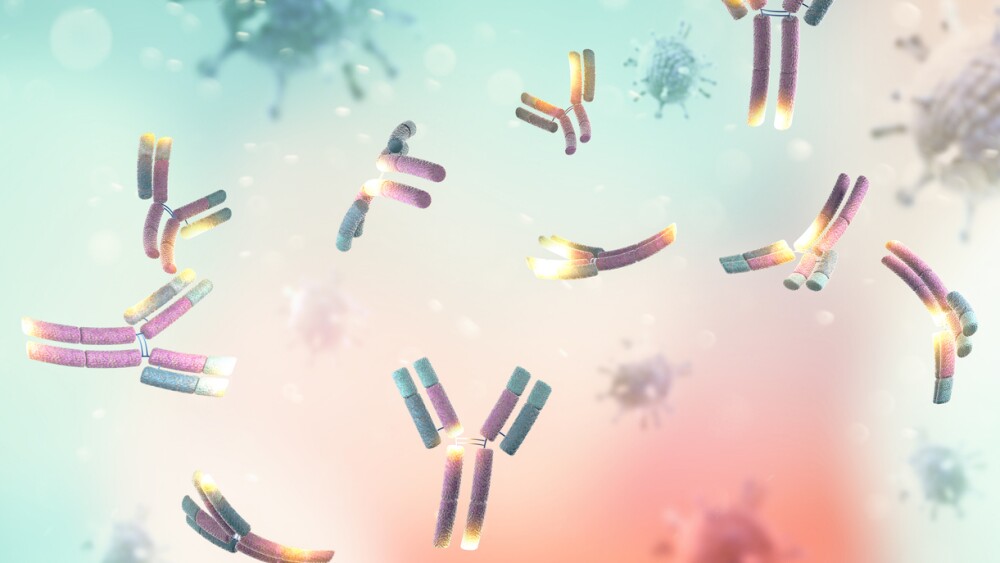SIFI, a leading ophthalmic company, announced today the publication of clinical results from its Phase I trial of polihexanide in healthy volunteers.
|
CATANIA, Italy, Feb. 1, 2021 /PRNewswire/ -- SIFI (Societa Industria Farmaceutica Italiana) a leading ophthalmic company, announced today the publication of clinical results from its Phase I trial of polihexanide in healthy volunteers. The paper was published as on-line first in the peer-reviewed journal British Journal of Ophthalmology. The main objective of the study was to evaluate the safety and tolerability of increasing doses of polihexanide eye drops in order to choose a dose that would be tested in the phase III clinical trial in patients with Acanthamoeba Keratitis (AK). Results of the trial showed a good safety and tolerability profile including the 0.08% dose, the highest tested. The Phase I randomized, double-masked, controlled trial was conducted on 90 healthy volunteers (ClinicalTrials.gov Identifier: NCT02506257). Participants were treated with eye drops of either polihexanide 0.04%, 0.06%, 0.08%, or placebo (1:1:1:1). There were no significant differences in dose-limiting adverse events (AEs) among treatment groups. There were also no specific trends in AEs between each dose tested in the study. "This important achievement has provided a clear target dose, that is currently being tested in the large Phase III trial," says Sebastiano Giuffrida, Head of Clinical Development at SIFI SpA. Giuffrida continued "Based on the safety data found in the Phase I trial, we are confident that polihexanide 0.08% can be safely used to treat all clinical AK presentations." Professor John Dart, of Moorfields Eye Hospital and University College London, commented: "Despite 20 years international experience with polihexanide 0.02% for AK there are concerns about its potential toxicity. Our Phase I study has shown that a four-fold higher polihexanide concentration, given intensively over 2 weeks, can be used safely in healthy subjects and is therefore unlikely to cause unacceptable adverse events in patients with AK. This finding has allowed us to evaluate polihexanide 0.08%, expected to be more effective than 0.02%, in our Phase III trial." In November 2020, SIFI announced the completion of enrolment (n=135) in the pivotal Phase III ODAK clinical trial of polihexanide 0.08% in AK patients (ClinicalTrials.gov Identifier: NCT03274895). Topline results are expected in the second half of 2021. Polihexanide has been granted orphan drug designation in both the European Union and the United States. If approved, it will become the first medicine to be licensed for AK globally. "We believe that our polihexanide program has the potential to be a major part of our growth trajectory going forward," stated Fabrizio Chines, Chairman and CEO. Mr. Chines continued, "Apart from being a terribly devastating disease, AK is clearly an area of unmet medical need. Coupled with our progress in the Phase III trial, we are poised to be first to the market with our innovative monotherapy and help halt AK's devastating consequences." SIFI is currently evaluating different options for the commercialization of polihexanide 0.08%, including potential out-license agreements outside its core markets. The peer-reviewed publication, titled "Safety and tolerability of topical polyhexamethylene biguanide (PHMB): a randomized clinical trial in healthy adult volunteers," is available as advanced publication online by clicking here. About Polihexanide. Polihexanide will be the first licensed drug for the treatment of AK. Polihexanide is a polymer and acts on both the trophozoites and cysts of the protozoan Acanthamoeba. It is developed in the 0.08% high dose which make it possible to administer as monotherapy eye drops in a single dose container. In contrast, current treatment protocols include various non-standardized unlicensed alternatives and usually involve combination therapy. About Acanthamoeba Keratitis (AK). AK is an acute severe, corneal infection caused by Acanthamoeba, a free-living amoeba. AK often leads to poor vision, potential blindness, or even eye loss, often requiring single or multiple corneal transplants. It affects people of all ages, most of whom are young or middle-aged soft contact lens wearers. Patients report unbearable pain and extreme light sensitivity and can rarely work or lead normal lives until symptoms resolve. The incidence of AK has been rapidly growing in recent years. About SIFI SIFI is a leading ophthalmic company, headquartered in Italy, focusing on eye care since 1935. SIFI develops, manufactures, and markets innovative therapeutic solutions for patients with ophthalmic conditions. SIFI is fully committed through its R&D to improve the quality of life of patients, exporting treatments to more than 20 countries worldwide with a direct presence in Italy, Spain, France, Romania, Mexico and Turkey. SOURCE SIFI S.p.A. |





